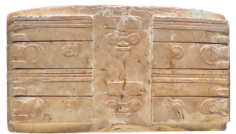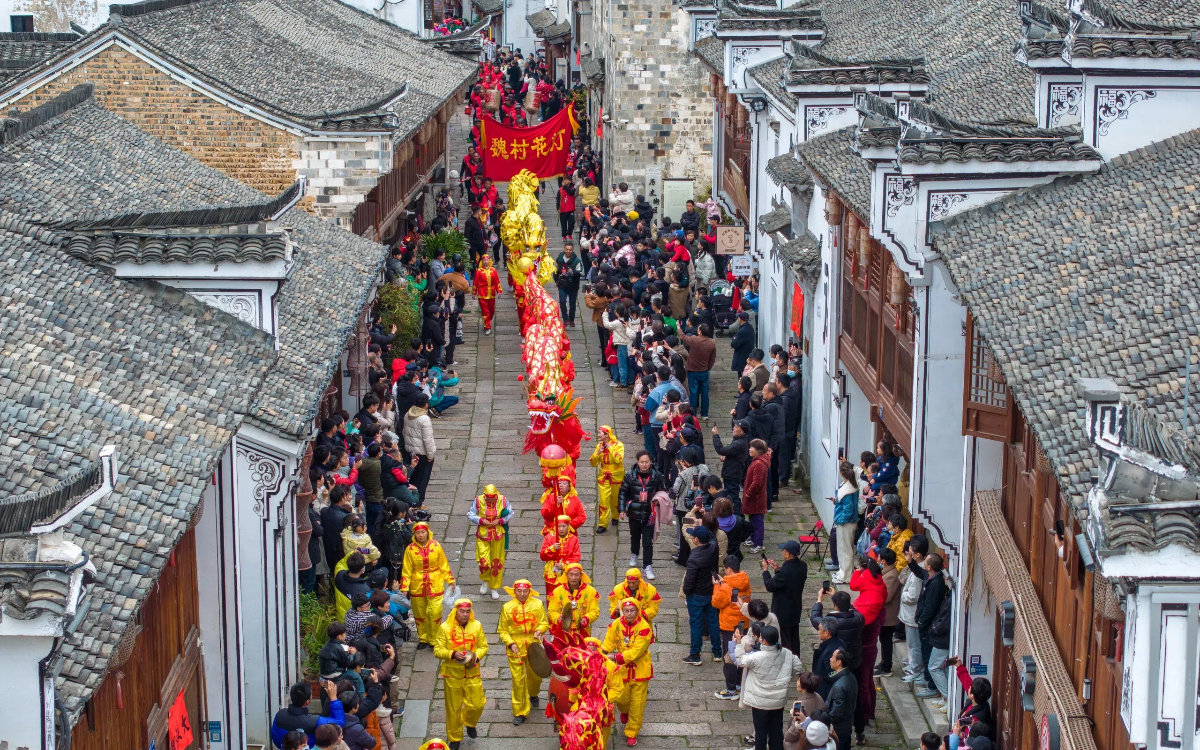Heritage sites in focus

A jade item unearthed in the ruins of Liangzhu in Hangzhou, Zhejiang province, is one of the representative relics of the 5,300-year-old civilization. JIANG DONG/CHINA DAILY
In the same episode, singer Ma Boqian questions whether an earthen relic he is standing on is part of the city wall considering its flat appearance. You don't see screen idols discussing ancient myths every day.
Nevertheless, Shan says, the laypeople's points of view may also lead academics to think deeper about the sites from fresh angles. He says the significance of World Heritage sites can be better reflected through their interactions with a wider community.
"I am glad to see such sites haven't become pure tourist destinations after getting the UNESCO World Heritage status and that local people's dignity and interests haven't been sacrificed for the cost of tourism development," he says.
Consequently, when choosing sites for the show, a key approach was to highlight the harmony between the cultural landscape and local residents.
In the upcoming episodes, The Shape of Culture will feature a wide variety of heritage sites that have close relation with local communities: Gulangyu Island, a famed 19th-century international settlement, also known as Kulangsu, and tulou, the traditional earthen residential buildings of Hakka people in Fujian province, West Lake in downtown Hangzhou and ancient villages in southern Anhui province.
Some sites seeking World Heritage status are also included in the program like the ancient tea plantations of Jingmai Mountain in Pu'er, Yunnan province.
Shan predicts that the next production of The Shape of Culture might feature large-scale sites, with a wide geographic distribution for a whole season like the Silk Road, the Great Wall and the Grand Canal.
The Shape of Culture is also the first Chinese reality show that is officially supported by UNESCO. According to Shan, Marielza Oliveira, director of the UNESCO office in Beijing, will be seen in the program in the episode on West Lake.
"The show explores a new way for culture-themed shows that heavily rely on indoor studios," says Leng Song, a media researcher at the Chinese Academy of Social Sciences, adding it is a common ground for reality shows, documentaries and the promotion of fine, traditional culture.
"Such crossover shows bring knowledge about World Heritage down to earth."
Contact the writer at wangkaihao@chinadaily.com.cn





 play
play